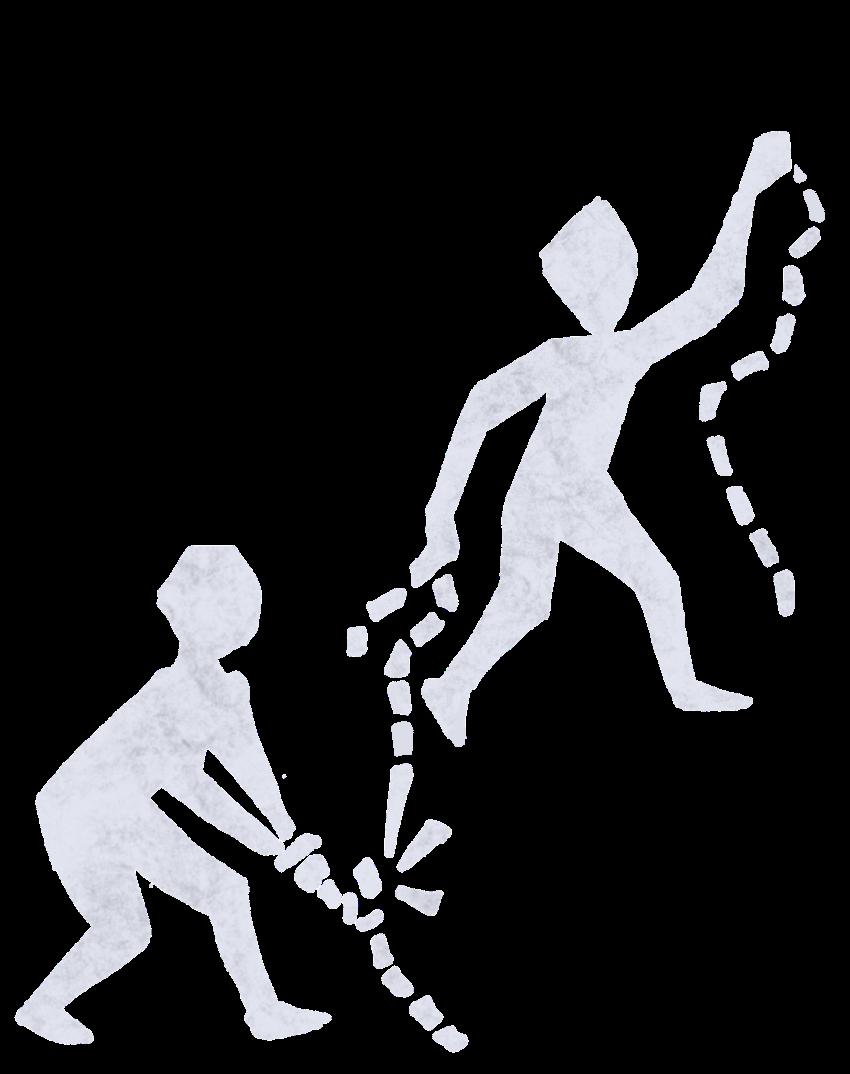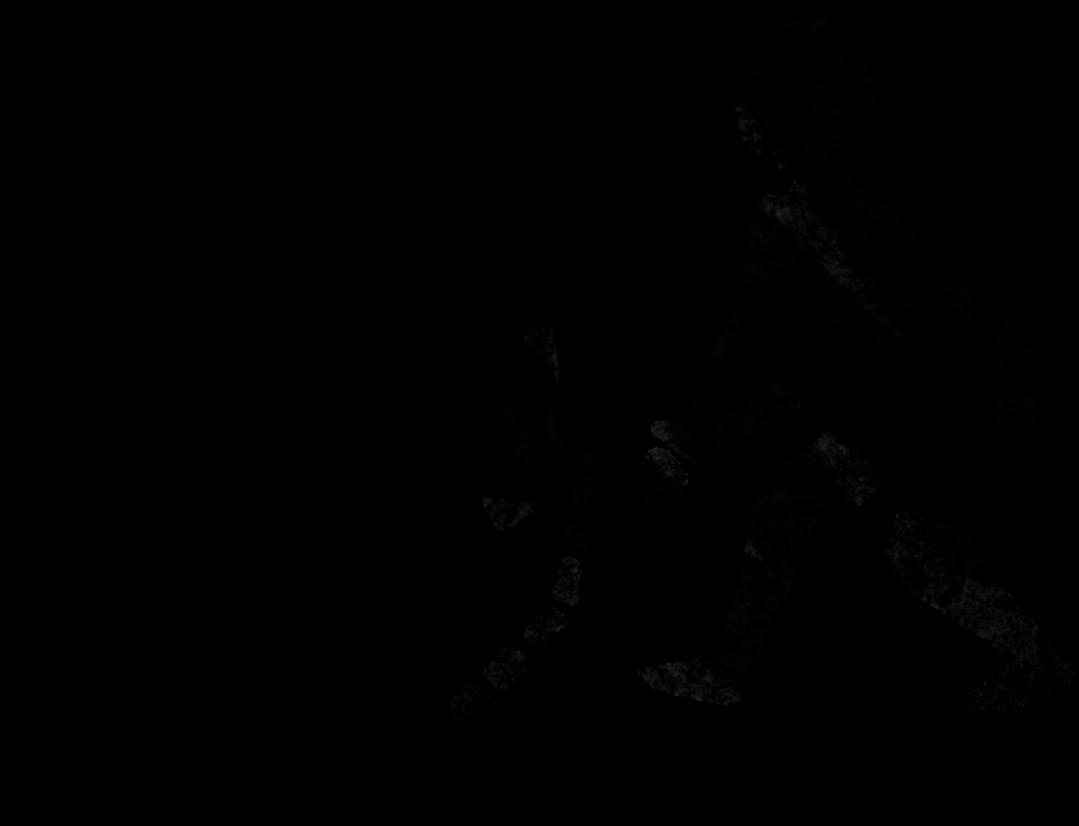
10 minute read
RUINS TO REDEMPTION
ACCOUNTABILITY AND ACCEPTANCE
By Eugene Ivey
Advertisement
Due to privacy reasons, details about Eugene’s trial, sentencing, and time in the Department Disciplinary Unit (DDU) have been omitted. Eugene was indicted for aiding and abetting in an incident that led to another individual losing their life. Eugene is a “juvenile lifer,” one of 2,570 in the United States. He was sentenced to 15 years to life in prison under a plea agreement to avoid the penalty of life in prison without the chance of parole. A 2013
Supreme Court ruling said that mandatory life-in-prison sentences for juveniles were unconstitutional. This ruling allowed other “juvenile lifers” serving natural life sentences to become eligible for parole after serving 15 years of their sentence. In total, Eugene was incarcerated for 27 years.
I faced the ultimate penalty for my crime: life in prison. At Plymouth County Correctional Facility, where I was held in pretrial, I erected a tough guy facade; internally, I was nothing more than a scared little boy. At my booking, I was screaming in my head, “I’m just a kid, I’m only 17 years old!” I knew my silent cries didn’t matter. I was placed in a dorm room with about 60 hardened adult criminals and one correctional officer to supervise everyone.
Once I moved into a regular unit with my best friend, Erick, he broke down the do’s and don’ts. My only accomplishment at Plymouth, for which I was very proud, was earning my GED. Other than that, my stay at Plymouth was nothing more than a rerun of the time I spent in the Department of Youth Services. Most of the fights I had were due to feeling singled out because I was small. I didn’t seek out problems, nor did I shy away from them. I was prone to anger, so I reacted violently when faced with a threat. My mentality was that you either swim with the sharks or you drown. I swam with the sharks because I refused to be someone’s prey.
Joanne supported me through my stay at Plymouth, and her love never wavered. We didn’t discuss the case too often, but I remember her asking me during one of our conversations if I did it. I told her no, because at that time I believed I was not responsible for the man’s death since I did not pull the trigger nor intend for him to be killed.
Over the years, I came to understand that if not for my decisions, he would not have died that night. But back then, in the lead-up to the trial, I denied any wrongdoing. I reluctantly pleaded guilty after the first trial quickly resulted in a mistrial. I was alone in the courtroom when I pleaded.
Joanne arrived to my pleading late, as we had agreed that I would stand trial rather than plead guilty. Pleading guilty and accepting a life sentence with the possibility of parole after 15 years was surreal to me. “This can’t be happening,” I thought to myself, but it did happen. I was taken to prison that day.
When people ask me how I managed all those years in prison, I don’t have a definitive answer. I do know that reading helped save me. I was propelled to pick up books and read more than I already did. I always liked reading because it allowed me to expand my thoughts beyond my environment. It allowed me to see inside myself, paving a path for change.
Malcolm X’s autobiography was one of the books that was instrumental in helping me begin to change myself. There’s a part of the book where he states:
“In the hectic pace of the world today, there is no time for meditation or for deep thought. A prisoner has time that he can put to good use. I’d put prison second to college as the best place for a man to go if he needs to do some thinking. If he’s motivated, in prison he can change his life.”
His words struck a chord in me. I reckoned that if he could change in prison, so could I. I got tired of living the way I was living: being angry, hurting others, and having a dark cloud above me. I didn’t want to feel bitter any longer, and I knew that if I wanted to re-enter society, I had to change.
Change didn’t come overnight. I didn’t wake up one day and suddenly have an epiphany. Change, to me, meant learning who I was, how I got to where I was, figuring out where I wanted to go in life, and what I had to do to get there. I remember the moment I first set an intention to change was around 2008. My

best friend Erick and I were in solitary confinement, known as the tier, together. If memory serves me correctly, a few days prior, we were extracted from our cells for disrupting the tier.
After getting extracted from my cell, I ended up in the hospital donning a smock. As I sat in that dirty, filthy smock, I felt I had hit rock bottom. I thought to myself, “This is the end of this madness!” So when we were back on the tier, I wrote Erick a letter telling him I was done, that we had to start taking responsibility for our actions.
My friendship and conversations with Erick helped me get through the DDU, or solitary confinement. We used to talk through the vents about books we read, family, our situations, etc. I remember times we stayed awake until 3:00 a.m. deep in discussion. We had known each other since we were kids, and he felt like a brother to me. We knew of each other’s struggles growing up. We acted out in prison together, but then we got tired of it all— tired of only being “criminals” in the world. We both knew we had something positive to offer the world if we could stop the cycle of acting out. We made a pact to help each other make change. Erick has now been out of prison for years. The pact we made to change our lives continues to inspire me to keep pushing forward and better myself. When a few mental health programs had made their way over to the DDU, I signed up for them along with a program that dealt with anger. After I completed them, I continued working on myself.
As I said, change doesn’t come overnight. I had a few more disciplinary infractions up until early 2009: the year of my initial parole hearing. I knew going into my parole hearing that I would be denied and given a five-year setback. However, I wanted to go forward with it to see what I needed to accomplish in order to be a viable candidate for parole.
When the parole officer did my prehearing interview, she came into the visiting room, looked at me, looked down at her papers, and then simply asked: “What happened?” I don’t think she expected to see a small individual across from her. I told her that I messed up, that I allowed my anger to cause me to make some bad decisions, and accepted responsibility for my actions.
The 2009 parole hearing was very emotional for me. It really hit me that someone lost his life because of my poor decision making. I never wanted anyone to die that night, but my actions led directly to his death. It’s a stark reality that I have to live with for the rest of my life.
After my hearing, I asked myself, “How could I ask my family and friends to support me when I haven’t been supporting myself?” I learned to not bottle up my emotions and to instead use my anger to fuel me to do good deeds.
When I received the denial from the parole board and read the summary, I was upset. I knew I was not the person summarized on that paper, but I also knew that I needed to demonstrate that I was something other than an accumulation of crimes and disciplinary reports. I was determined not to be discouraged by the parole decision. I doubled down on working harder. I set goals for myself that I wanted to accomplish after my sentence was finished in the DDU.

After multiple years, I transferred out of the DDU in May 2014. I knew that returning back to the general population after spending so much time in solitary confinement would be challenging. It took a few weeks for me to get acclimated, and I
was kept in the orientation block for almost four months, which hindered me from enrolling in programming. I was frustrated, but I did not act out in anger. Instead, I reminded myself that everything is a process.
My patience proved to be rewarding. I was moved to a regular unit for a few weeks, then to the lifer’s unit where everyone and everything was calmer; the environment suited me well. I procured a job that I held for my entire stay there. I was part of the book club with other inmates and members of the community; we met once a week to discuss books chosen by the group. I earned my ServSafe certification and Foundations 1 in Culinary Arts. I completed the High Risk Offender Program, Violence Reduction, and the Reentry Seminar Series.
I helped usher in Restorative Justice, which provides opportunities for people who have been harmed and those who take responsibility for that harm to communicate and address their needs, eventually becoming a facilitator. Restorative Justice was by far the best program for me; it allowed me to see more clearly the harm and trauma I caused to my victim’s family, the community, my family, and myself. It allowed me to see that anger was a mask for my true feelings and emotions.
I also reached out to mental health services within the prison. I wasn’t deemed an open mental health case, but I was fortu-
nate enough to be able to meet with the same mental health clinician once a month. This was a big step for me; I was able to talk about my feelings and process them in a more thoughtful and mature manner. After four years, I was moved to a medium-security facility in May 2018. I was very happy and proud of myself for the changes I made in my life. The hard work had paid off.
Since the move, I completed a number of programs to further facilitate and strengthen my growth. I attended a Restorative Justice retreat where mothers who lost their children, victims of crime, judges, senators, victim advocates, and other notable members of different communities participated. It was very moving and rewarding to sit and have an open dialogue with people who suffered so much trauma in their lives.
Finally, I am currently enrolled in Tufts University/Bunker Hill Community College. I am working on attaining an associate degree in liberal arts through a collaborative effort by both schools. This program has been truly amazing and transformative. I have learned so much about myself and the world at large. My professors are extraordinary. They have inspired hope in me: the hope that I can go back into society and be an ambassador for change in the community and the world. I plan to complete my bachelor’s and hope to earn a master’s in social work so that I can one day help youth and those in need.
I am now 42 years old. In reflecting on my journey, I realize that the chaos and dysfunction that permeated every aspect of my life had an adverse effect on me. I was exposed to some harmful behaviors that over time led me to harm others. In light of these hard truths, I make no excuses. I accept responsibility for my actions, and, moving forward, I hope to pay it forward by giving back.











